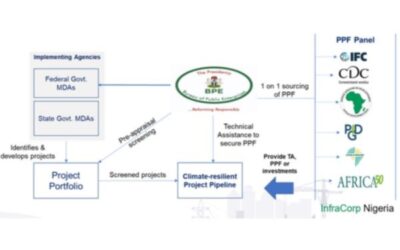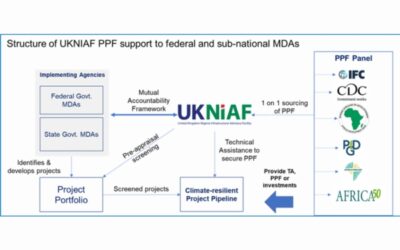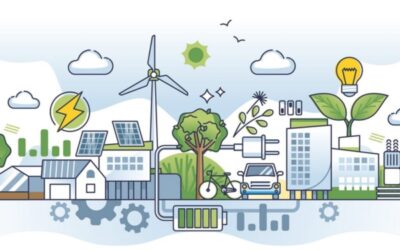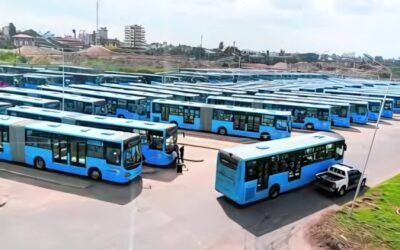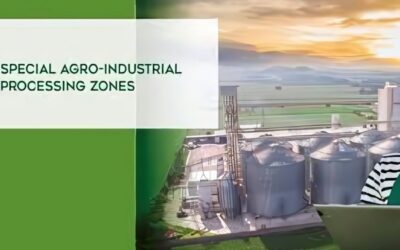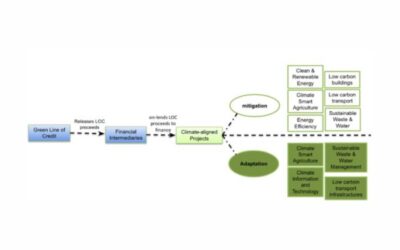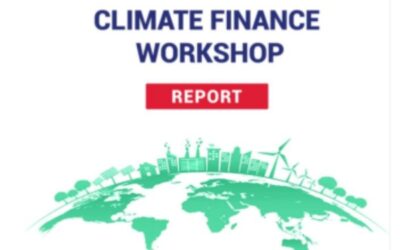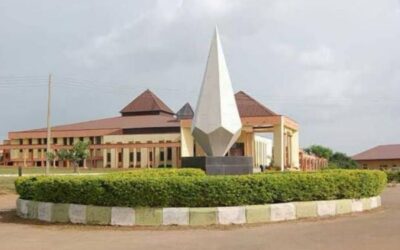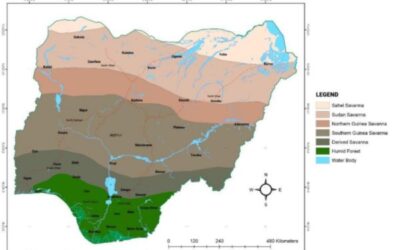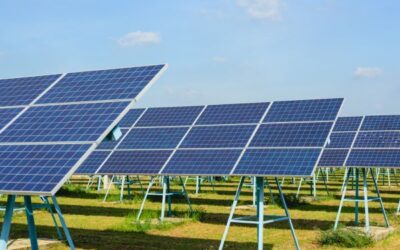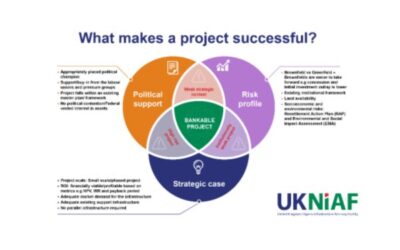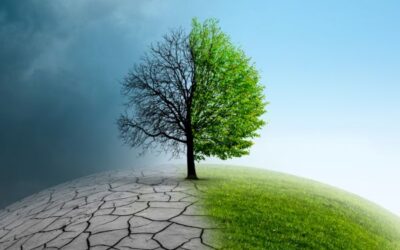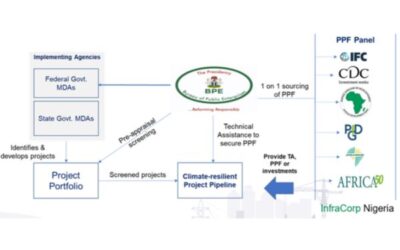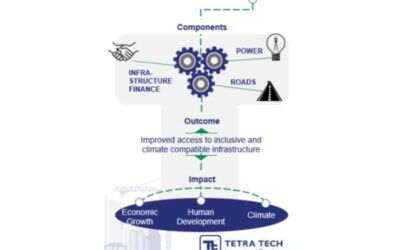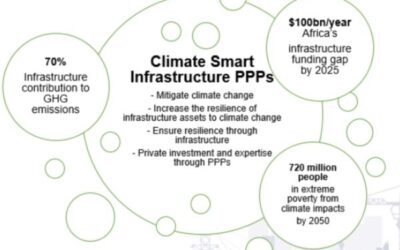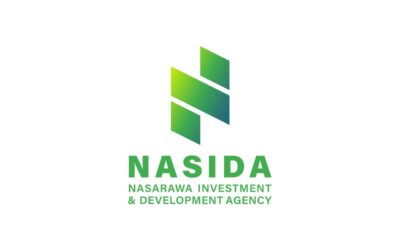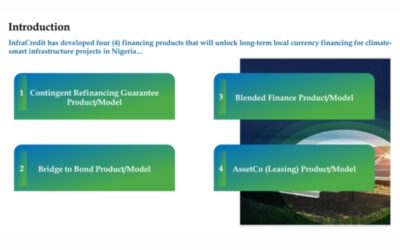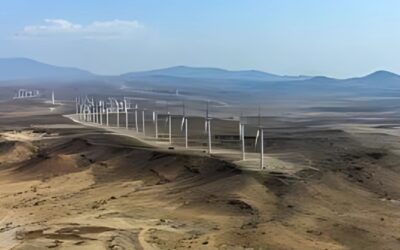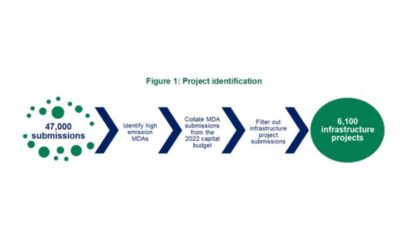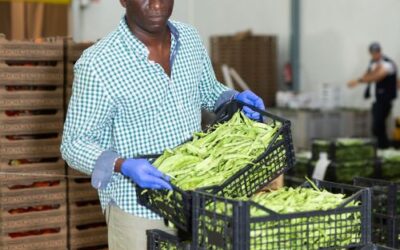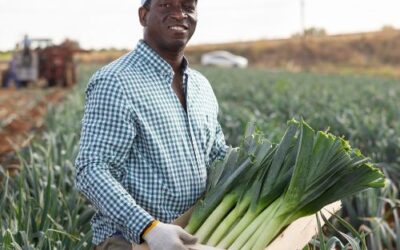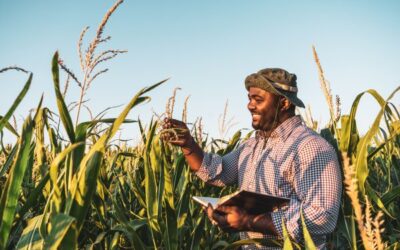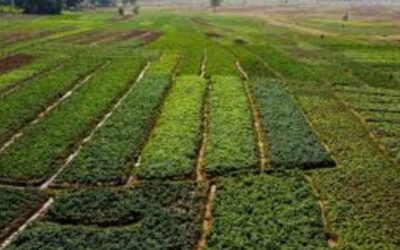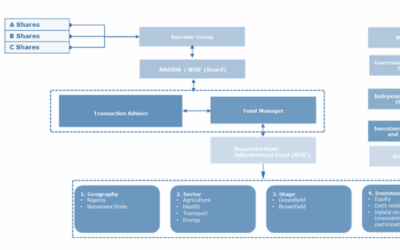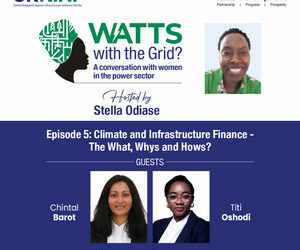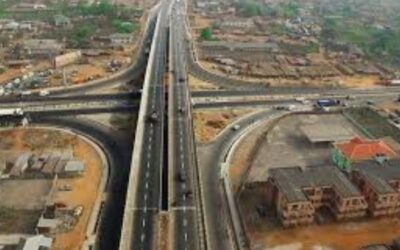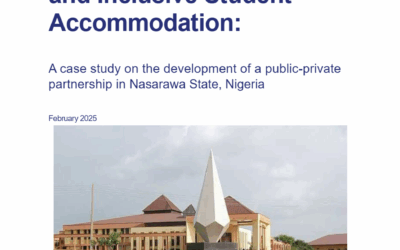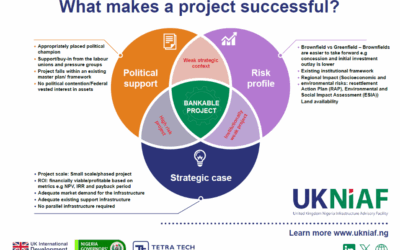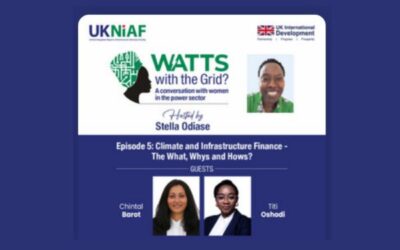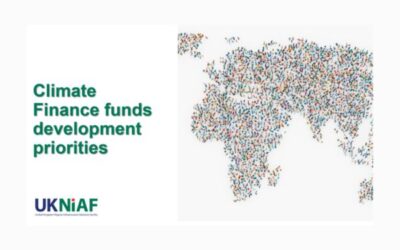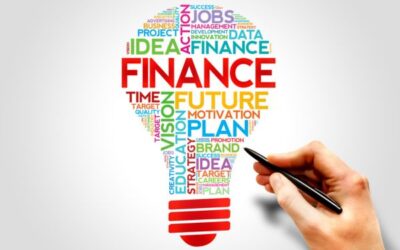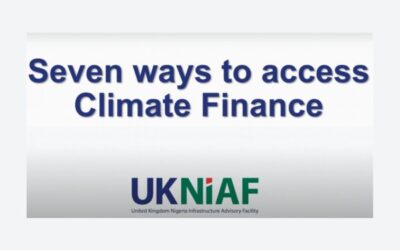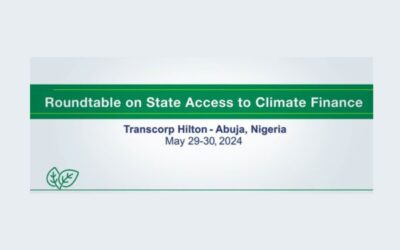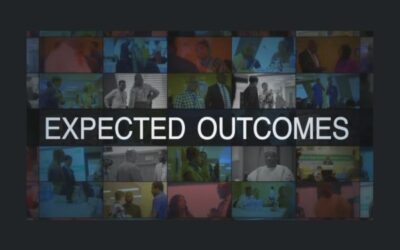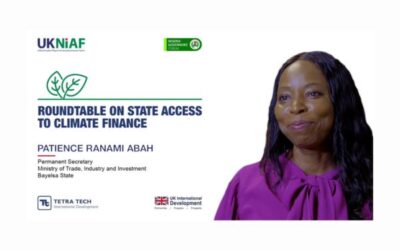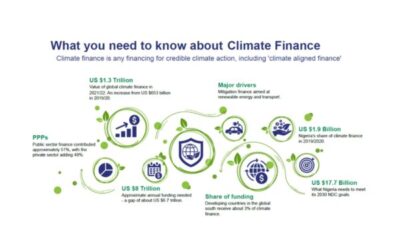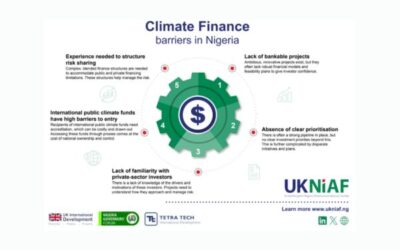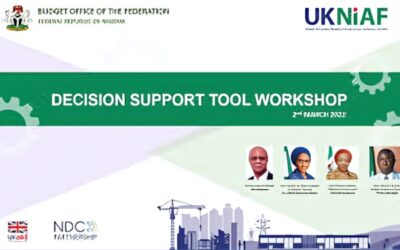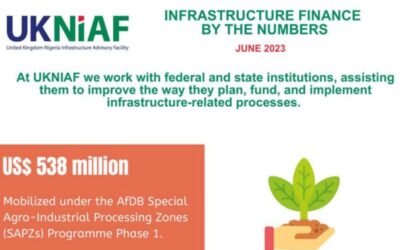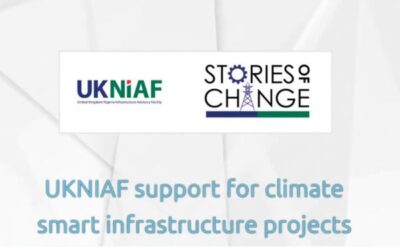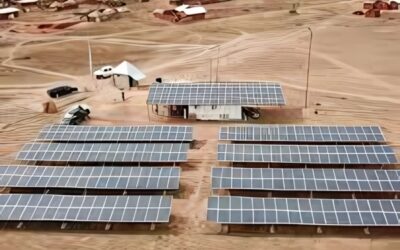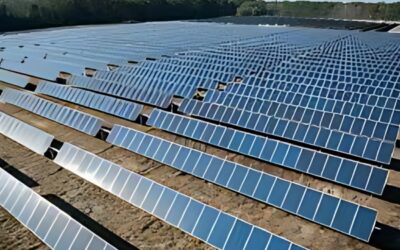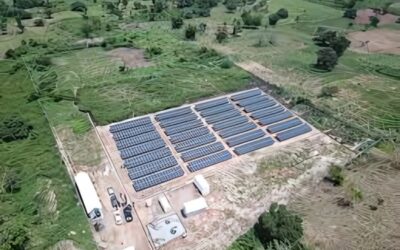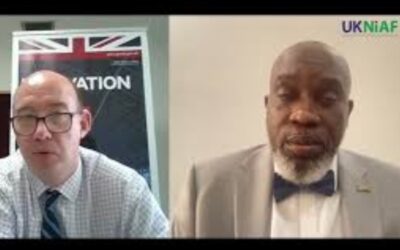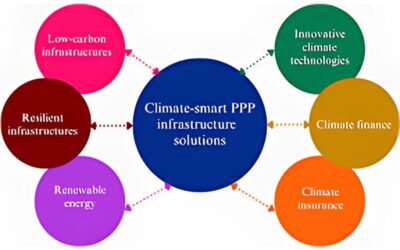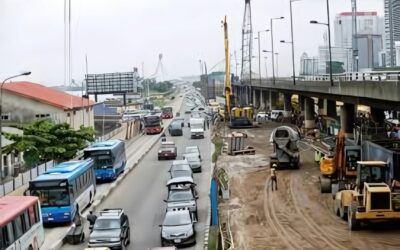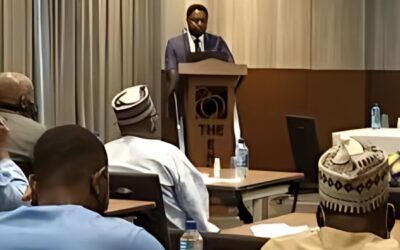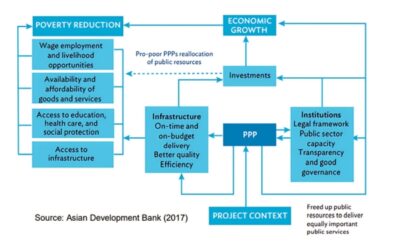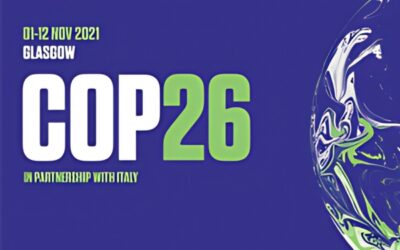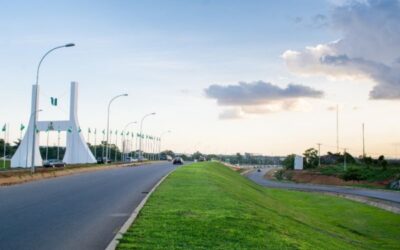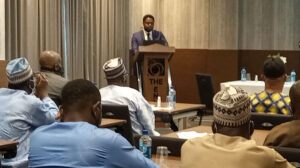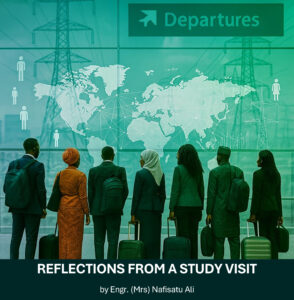Infrastructure Finance
2022 Central Pipeline of Projects
2022 Climate Finance Database
Abuja Bus Rapid Transit (BRT) Project
Access to Climate Finance – Report of Roundtable
Advisory Note in the Implementation of Special Agro-Industrial Processing Zones (SAPZ) Programme Financing
Carbon Market Development in Nigeria
Climate Finance for Development Priorities
Climate Finance Navigator
Climate Finance Strategy for Infrastructure Development in Nigeria
Climate Finance Workshop Report
Delivering Climate-Smart and Inclusive Student Accommodation – A Case Study
Demand Analysis Report Special Agricultural Processing Zones Nigeria Programme
DST (Decision Support Tool)
Energising Economies Initiative (EEI) Phase II Project Concept Note
How to make a Project Bankable
Guidance Document for Assessing Mitigation Impacts and Adaptation Benefits of Climate Smart Projects
Energising Education Programme Investment Deck
Matching Climate Smart Pipeline Projects to DFIs
Making PPPs work in Nigeria – National Council on Privatisation
Making PPPs work in Nigeria
Key Issues in Climate Finance in Nigeria
Nasarawa State Public-Private Partnership Manual
Nasarawa State Fiscal Commitments and Contingent Liabilities Framework
Medium Term Expenditure Framework and Fiscal Strategy Paper
Potential Financing Models for Climate Smart Infrastructure Projects
Project Delivery Pathway
Overview of the Voluntary Carbon Market
Procurement Strategy and Approach – Kaduna Green Allied Industrial Zone
Project Preparation Facility – Summary Note on Evidence Gathering and Analysis
Project Screening Methodology
Special Agricultural Processing Zone Programme Multicriteria Analysis
Project Screening Tool
Special Agricultural Processing Zone Programme
Special Agricultural Processing Zones (SAPZ) Programme Approach
Special Agricultural Processing Zones (SAPZ) State Selection Criteria Guidance Note
Summary Guidance Note on the Set-Up of The Project Facilitation Fund
Summary Note on Guiding MDAs to Prepare Procurement Documents for Transaction Advisors
“WATTS with the Grid?” Episode 5: Climate and Infrastructure Finance: The What, Whys and Hows – Part II
Unlocking Climate Finance for IPPs
The need to address the infrastructure gap in Nigeria
https://youtu.be/HsYE8MpY198
Nasarawa State University, Keffi (NSUK)- Case Study
This brief is a primer on climate finance – it aims to help readers navigate the climate finance landscape and quickly focus on the aspects that are most relevant to Nigeria.
Special Agro-Processing Zones (SAPZ)- Case Study
This brief is a primer on climate finance – it aims to help readers navigate the climate finance landscape and quickly focus on the aspects that are most relevant to Nigeria.
UKNIAF Nasarawa State Lessons Learned
This brief is a primer on climate finance – it aims to help readers navigate the climate finance landscape and quickly focus on the aspects that are most relevant to Nigeria.
“WATTS with the Grid?” Episode 5: Climate and Infrastructure Finance: The What, Whys and Hows – Part II
How can Nigeria bridge the climate finance gap to meet its ambitious targets? Our guests, Chintal Barot (Founder, Co-Sustain Consulting) and Titilayo Oshodi (Special Adviser on Climate Change and Circular Economy to the Governor of Lagos State), share insights on accessing funding, the role of gender in climate finance and why the economic argument is crucial for driving climate action.
“WATTS with the Grid?” Episode 3: Climate Finance: The What, Whys and Hows.
Despite Nigeria investing an estimated USD 1.9 billion annually in climate-related activities, this is just 11% of the USD 17.7 billion needed to meet its emissions reduction goals by 2030. In this episode, we ask the critical questions: What’s driving these disparities? How can they be addressed? And what are the emerging opportunities, especially in light of the new Electricity Act 2023, which opens doors for renewable energy development across all 36 states?
Climate Finance funds development priorities Mp3
Climate finance isn’t just about funding green initiatives—it’s about shaping development priorities that align with sustainable growth.
What is Climate Finance? MP3
Climate Finance explained in 3 simple sentences…
How is Climate Finance delivered?
From concessional loans and green bonds to innovative tools like debt swaps and climate-linked insurance, these financial instruments are key to driving impactful climate action.
What you need to know about Climate Finance 2
Understanding Climate Finance with UKNIAF…
What you need to know about Climate Finance 1
Understanding Climate Finance with UKNIAF…
What is Climate Finance?
Understanding Climate Finance with UKNIAF…
Climate Finance in Nigeria: An introduction
This brief is a primer on climate finance – it aims to help readers navigate the climate finance landscape and quickly focus on the aspects that are most relevant to Nigeria.
What you need to know about Climate Finance
Here in a nutshell is what you need to know about Climate Finance.
Climate Finance Funds development priorities
Infrastructure needs can be aligned with climate change to enhance energy security, improve agriculture and promote urbanisation.
Seven ways to access Climate Finance
Here’s 7 ways in which Climate Finance can be accessed.
Roundtable for State Access to Climate Finance- Key Learnings
Furera Isma Jumare, Director General, Jigawa State Investment Promotion Agency, shares key learnings from the ‘Roundtable for State Access to Climate Finance’.
Roundtable for State Access to Climate Finance- Expected Outcomes
Engr. Frank Edozie, Team Lead, UKNIAF, emphasizes focusing on development projects that benefit the climate. Frank advises- “Don’t do climate. Do development projects that have an impact on the climate.”
It’s a big shift in perspective. By prioritizing sustainable development, we can create projects that not only drive progress but also positively impact the environment.
Roundtable for State Access to Climate Finance- Key takeaways
Adaze Aguele Kalu, Hon. Commissioner, Finance, Budgeting and Planning, Edo State, shares key takeaways from the ‘Roundtable for State Access to Climate Finance’.
Roundtable for State Access to Climate Finance – Key takeaways
Dapo Oduwole, DG/CEO, Office of Public Private Partnerships, Ogun State shares his key takeaways from the Roundtable.
Roundtable for State Access to Climate Finance – Key takeaways
Patience Ranami Abah, Permanent Secretary, Ministry of Trade and Investment, Bayelsa state represented her state at the Roundtable. Here, she shares her key takeaways from the event.
Project Bankability Framework
What makes a project successful?
What you need to know about Climate Finance
Climate finance is any financing for credible climate action, including ‘climate aligned finance’.
Climate Finance barriers in Nigeria
What are the hurdles to Climate Finance access in Nigeria?
UKNIAF’s Decision Support Tool (DST)
We developed a DST to assist the Federal Government of Nigeria efficiently identify and prioritise key infrastructure projects.
UKNIAF: Infrastructure Finance by the numbers
UKNIAF’s transformative work in infrastructure finance across Nigeria mobilises funds for sustainable projects.
Influencing infrastructure decision making
Stories of Change: UKNIAF’s work on the Decision Support Tool (DST)
Learning from doing: reflections on UKNIAF’s Task Order process
This document is a collection of our lessons and observations across all our technical components over the last few years.
Mobilizing private sector finance for climate smart infrastructure projects
Stories of Change: UKNIAF’s work on Special Agro Processing Zones (SAPZ)
Special Agro Processing Zones
UKNIAF worked with public and private sector stakeholders on the climate smart Special Agro Processing Zones (SAPZ) programme. What makes it a climate smart programme? Who will benefit?
Commercially Viable Mini-grids Final part (2 of 2)
The REA MD speaks of the efforts to improve private sector investment, the focus on sustainability and UKNIAF’s role in the process.
In conversation: REA MD Ahmad Salihijo Ahmad and UKNIAF MD, Prof. Chidi Onyia.
Commercially viable mini-grids in Nigeria (Part 1 of a 2)
The Rural Electrification Agency (REA) has its hands full and its task cut out. This ‘straight from the grid’ conversation between REA MD, Ahmad Salihijo and Prof. Onyia shows why there is so much excitement and how the hard work is paying off!
In conversation: REA MD Ahmad Salihijo Ahmad and UKNIAF MD, Prof. Chidi Onyia.
Climate smart infrastructure solutions in Nigeria Part 1
The first piece of a conversation with British Deputy High Commissioner Ben Llewellyn-Jones hosted by UKNIAF MD Prof. Chidi Onyia. The topic is, ‘Climate smart infrastructure solutions in Nigeria’. The full discussion shall follow shortly in subsequent parts.
Climate smart infrastructure solutions in Nigeria Part 2
There should be no disconnect between climate and energy priorities. And data is critical to align them – Ben Llewellyn-Jones, British Deputy High Commissioner in Nigeria. Part 3 to be shared shortly…
Climate smart infrastructure solutions in Nigeria Part 3
Ben points out that the practical understanding of the implication and application of climate smart infrastructure is critical. How critical are climate smart infrastructure tools in the infrastructure pipeline selection process? – Part 3 of UKNIAF’s conversation with Ben Llewellyn-Jones… The 4th and final part to be shared shortly…
Climate smart infrastructure solutions in Nigeria Part 4
“You can maximise the value of human capital that we see across Nigeria… keeping the right people in the right places to make sure that they can deliver” – Ben Llewellyn-Jones The discussion centres around why sustainable capacity development is key. This is the final segment in this 4 part series.
Expectations from the ‘Climate Smart Infrastructure PPPs’ training
Concluding day of training- ‘We designed this training to develop knowledge, to trigger discussion and a different way of delivering infrastructure PPPs in Nigeria.’- Nyananso Gabriel Ekanem
Climate Compatible Infrastructure Part 1
It was a very engaging hour with Damilola Ogunbiyi, CEO, SEforALL at the UKNIAF office. In this brief conversation with UKNIAF MD, Prof. Chidiebere Onyia, she shares valuable thoughts on UKNIAF’s role in promoting sustainable infrastructure and decarbonization in Nigeria.
Climate Compatible Infrastructure Part 2
The second part of the dialogue with Damilola Ogunbiyi, CEO, SEforALL. What role can UKNIAF play in addressing climate challenges in Nigeria? How important is data and evidence for access to sustainable off grid energy?
Where is the opportunity for infrastructure development in Nigeria?
Where do the opportunities for infrastructure development lie amidst the effects of COVID-19 and the economic challenges in Nigeria? How can a programme like UKNIAF help? In this second of a 3-part interview, UKNIAF MD, Prof. Onyia, and Khadijat Baba-Muhammad, Director, MEL, UKNIAF talk about how policies that focus on inclusiveness and employment can make a difference.
Decision Support Tool (DST)
UKNIAF developed a Decision Support Tool (DST) to assist government agencies to prioritise bankable, climates mart, infrastructure projects that deliver social equity benefits.
Why the DST? Who will benefit? This short video explains it all.
UKNIAF, AfDB update and collaboration meeting
“There is a lot of alignment and convergence in our work in infrastructure, which is a core pillar in the Bank’s strategy in Nigeria. This meeting will be useful in helping us identify opportunities to zero in on.” – Lamin Barrow, Director General, African Development Bank Group
Building a $7bn climate-smart pipeline of infrastructure projects in Nigeria
In keeping with the programme’s inclusive and sustainable development focus, UKNIAF adopted a climate sensitive and “people first” approach to the design of its infrastructure finance interventions
Learning note on People-First PPPs in Nigeria
Key considerations for project selection, prioritisation and development in Nigeria
COP26: UKNIAF’s contributions to positioning projects for Climate Finance
To improve the capacity of government agencies to screen, prepare bankable climate-smart infrastructure projects, and access downstream financing
Climate-Smart Infrastructure design and development in Nigeria
Coordination and capacity across key MDAs must be improved in the run-up to COP26 and beyond if policy objectives are to be met.
Making infrastructure finance responsive to climate and social inclusion
We created a PGESI and Climate Framework to support Federal Ministries, Departments and Agencies in assessing the pool of projects that attract private sector funding and increase the pace of implementation of cross-cutting initiatives
International Climate Finance (ICF)
International Climate Finance is a UK government commitment to support developing countries to respond to the challenges and opportunities of climate change
Climate Smart Infrastructure Public – Private Partnerships
A 3-day training workshop

